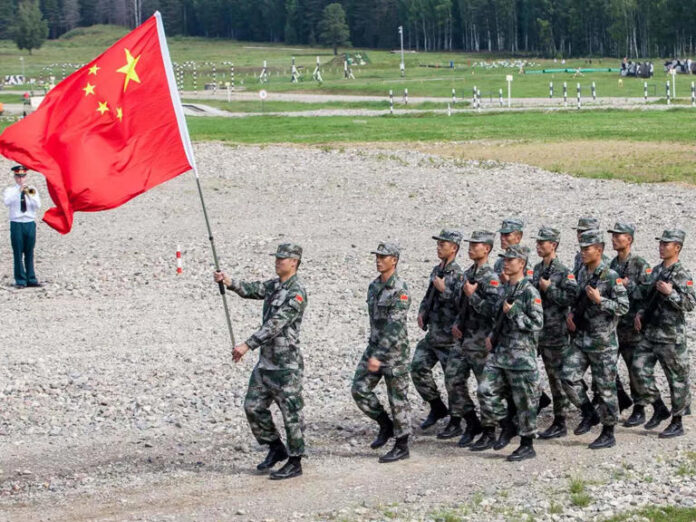Arunachal Pradesh, a picturesque state nestled in the northeastern corner of India, has long been a focal point of territorial disputes between India and China. The recent assertion by China that Arunachal Pradesh is an “inherent part of China’s territory” has reignited tensions and underscored the complex geopolitical dynamics at play in the region.
The territorial dispute over Arunachal Pradesh traces its roots back to the colonial era, when the British Raj drew arbitrary boundaries without regard for ethnic or historical considerations. Following India’s independence in 1947, the issue of territorial sovereignty over Arunachal Pradesh – then known as the North-East Frontier Agency (NEFA) – became a bone of contention between India and China.
China’s claim to Arunachal Pradesh is based on historical precedents and perceived cultural and ethnic affinities with the region’s Tibetan population. Beijing asserts that the region, which it refers to as “South Tibet,” has been an integral part of Chinese territory since ancient times, and therefore falls within its sovereign jurisdiction.
However, India vehemently contests China’s claims, asserting its sovereignty over Arunachal Pradesh on the basis of historical, geographical, and administrative factors. India maintains that Arunachal Pradesh is an integral and inseparable part of its territory, governed by the principles of democracy and the rule of law.
The territorial dispute over Arunachal Pradesh has manifested itself in various forms over the years, including diplomatic negotiations, military standoffs, and territorial incursions. Despite efforts to resolve the issue through dialogue and diplomacy, a lasting resolution has remained elusive, with both sides unwilling to compromise on their respective territorial claims.
China’s recent assertion that Arunachal Pradesh is an “inherent part of China’s territory” represents a continuation of its longstanding claims and a reaffirmation of its territorial ambitions in the region. The statement, issued by China’s Foreign Ministry spokesperson, has sparked condemnation from India, which has rejected China’s claims as “completely unacceptable.”
The renewed tensions over Arunachal Pradesh come at a time of heightened geopolitical competition and strategic rivalry between India and China. The two Asian giants have clashed over various issues, including border disputes, maritime security, and regional influence, leading to periodic flare-ups and confrontations along their disputed border.
The territorial dispute over Arunachal Pradesh has broader implications for regional security and stability, as it exacerbates existing tensions between India and China and raises the risk of escalation and conflict. The strategic significance of Arunachal Pradesh, with its proximity to the contested Line of Actual Control (LAC) and strategic location in the Himalayan foothills, further complicates the situation and underscores the need for cautious diplomacy and de-escalatory measures.
Despite the challenges posed by the territorial dispute, there have been sporadic efforts to improve relations and build confidence between India and China. High-level diplomatic engagements, border management mechanisms, and confidence-building measures have been employed to prevent misunderstandings and mitigate the risk of conflict along the disputed border.
Moreover, both India and China recognize the importance of maintaining stability and promoting economic cooperation in the region, which could serve as a catalyst for resolving their differences through dialogue and negotiation. Economic ties between the two countries have expanded significantly in recent years, with trade and investment playing a crucial role in driving bilateral relations forward.
In light of the recent escalation in tensions over Arunachal Pradesh, it is imperative for India and China to exercise restraint and pursue diplomatic channels to address their differences. Both sides must uphold the principles of international law, respect each other’s territorial integrity, and work towards finding mutually acceptable solutions to their longstanding disputes.
At the same time, the international community has a role to play in facilitating dialogue and promoting peaceful resolution of the territorial dispute over Arunachal Pradesh. By encouraging constructive engagement and supporting confidence-building measures, the international community can contribute to fostering stability and security in the region.
In addition, the territorial dispute over Arunachal Pradesh remains a contentious issue in Sino-Indian relations, underscoring the complex geopolitical dynamics at play in the region. As tensions simmer, it is essential for both India and China to demonstrate political will and commitment to resolving their differences through dialogue and negotiation, thereby ensuring peace and stability along their disputed border.



